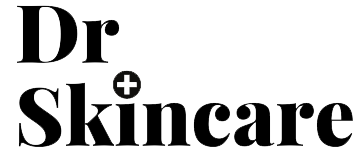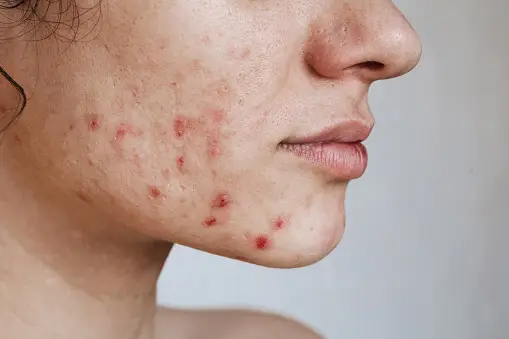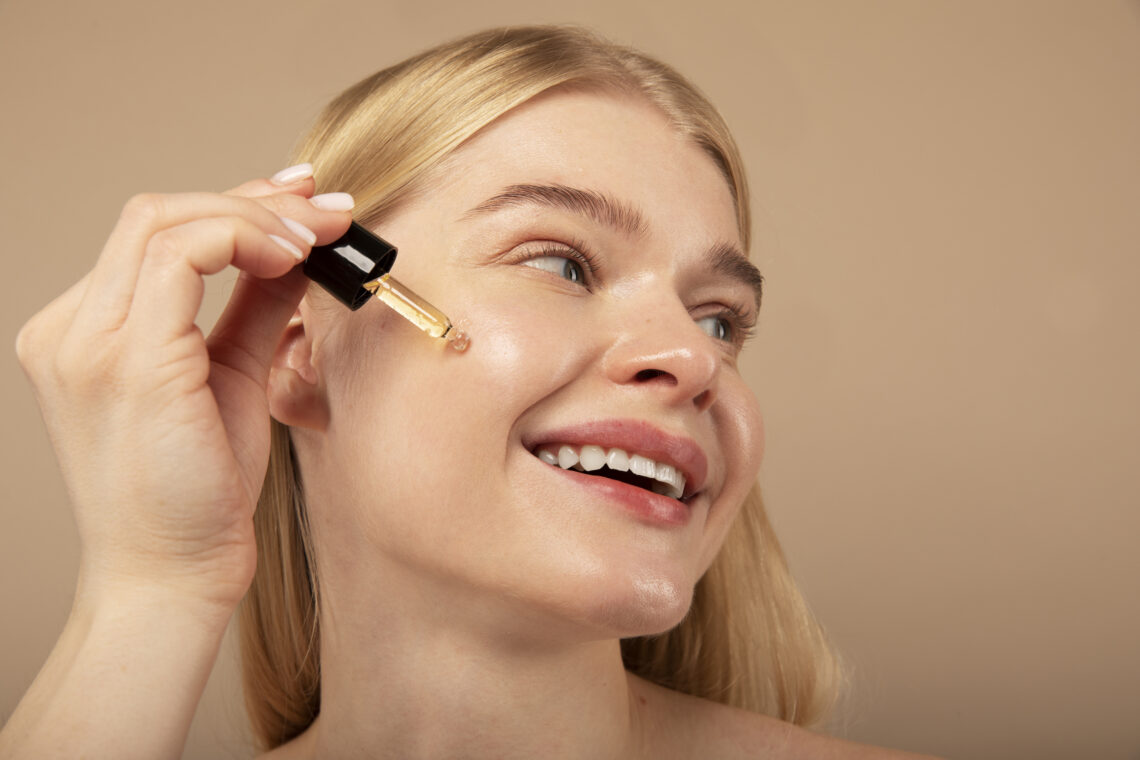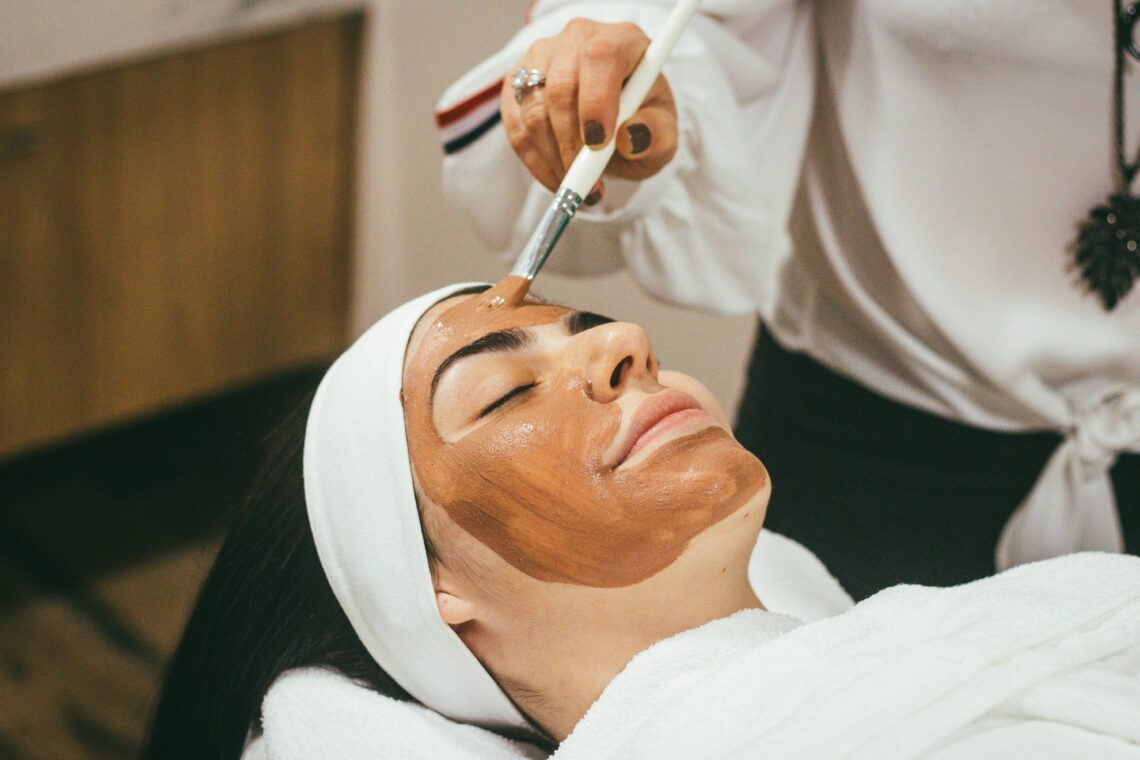One of the most common skin conditions, affecting millions of individuals worldwide, is acne. This can be a rather distressing condition, and can have a significant impact on ones self-esteem. Acne is often characterized by pimples, blackheads, and cysts in the face. It is also possible to get acne on other areas of the body, such as the back. While it is often associated with adolescence, the condition can also persist or develop in adulthood.
This article aims to explore the most current and effective methods for treating acne, including budget friendly and over-the-counter solutions. By understanding the underlying causes and available treatments, you will find it easier to better manage your skins health and regain confidence. Whether you are dealing with occasional breakouts or chronic acne, this guide provides valuable insights into achieving clearer and healthier skin.
Treating acne does not need to be expensive. There are several solutions available that are both budget friendly and can be bought over the counter. Following are some of the most popular and accessible options:
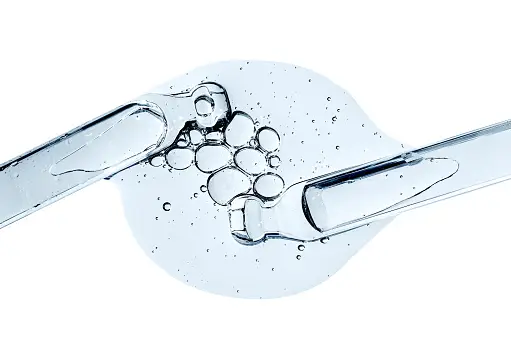
Salicylic Acid
Salicylic acid is a beta hydroxy acid. It helps exfoliate the skin, unclog pores, and reduce inflammation. It is available in many different forms. You can choose between products such as cleansers, toners, serums, and spot treatments.
While salicylic acid is gentle and safe for most people, it may result in some side effects for some people. These side effects include:
- Dryness and peeling: If overused it can lead to dryness and peeling in some areas. It is important to use a moisturiser and start with a lower concentration in the salicylic acid.
- Irritation and redness: If you have sensitive skin, it may become irritated. If you experience irritation, try and reduce the frequency of use or switch to a gentler product.
- Allergic reactions: Some people may experience an allergic reaction, even though it is very rare. If you experience severe redness, swelling or rash, discontinue use immediately.
Benzoyl Peroxide
Benzoyl peroxide is an antibacterial that kills acne-causing bacteria and helps clear out dead skin cells from the pores. This can be found in different concentrations and products such as acne treatment and foaming wash.
Benzoyl peroxide can cause side effects, especially when you first start using it, or if you are using a too high concentration. The side effect include:
- Dryness and peeling: This is the most common side effect. The use of a good moisturiser will help mitigate the dryness.
- Redness and irritation: You may experience redness, itching or a burning sensation. If you experience any of these symptoms you should reduce the frequency of the application, or switch to a lower concentration.
- Allergic reactions: Same with the salicylic acid, allergic reactions are rare. However, they may occur. This is characterised by severe itching, swelling or difficulty breathing. If you experience any of these symptom’s discontinue use immediately and seek medical attention.
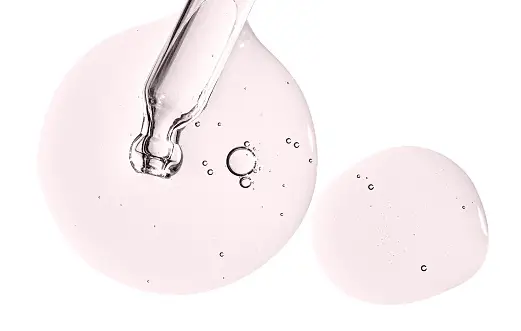
Alpha Hydroxy Acids (AHAs)
Alpha hydroxy acids include glycolic acid and lactic acid. They exfoliate the skin and helps remove dead skin cells and improve the overall skin texture. They are commonly found in cleansers, toners, and peels.
Alpha Hydroxy Acids are generally safe, but can in some cases cause side effects, if used wrong or if you have sensitive skin. The side effects include:
- Irritation and redness: Overuse or high concentrations can cause irritation, redness and discomfort. If this happens, reduce frequency or switch to a gentler formulation with a lower concentration.
- Dryness and peeling: Particularly during the initial stages it can cause dryness and peeling. Make sure you moisturise adequately.
- Sun sensitivity: Increased sun sensitivity is a common side effect. Make sure you use sunscreen to prevent sunburn and sun damage.
- Allergic reaction: Allergic reactions are rare. They may include severe irritation, swelling or hives. If you do experience an allergic reaction, discontinue use immediately and consult a dermatologist.
Zinc Supplements
Zinc has an anti-inflammatory effect and can help reduce the severity of acne. You can take zinc supplements or use products that contains zinc. This ingredient is often found in treatments, such as the La Roche-Posay Effaclar Duo Dual Action Acne Treatment.
Zinc is also generally safe for most people. However there may occur some side effects if overused or if you have sensitive skin such as:
- Irritation or dryness: Some may experience mild irritation or dryness when using zinc products. Make sure you use moisturiser and discontinue use if severe irritation occurs.
- Oral supplements: When taking high doses of zinc supplements, it may lead to nausea, vomiting, and stomach cramps. Long-term excessive intake may cause copper deficiency and other health issues.
- Allergic reactions: It is rare to have an allergic reaction to zinc, but it may happen. Symptoms include itching, rash, or swelling. If you experience any of these symptoms, discontinue use immediately and consult a dermatologist.
By implementing these budget friendly, and over-the-counter solutions into your skincare routine, you may manage and treat your acne without emptying your bank account. Remember, consistency is key, and it may take some time before you experience any visible results. And remember that what works for others may not work for you. So it is important to find the right products for your skin. If you do not experience over-the-counter treatments to be effective, we recommend you consult with a dermatologist for further guidance.
